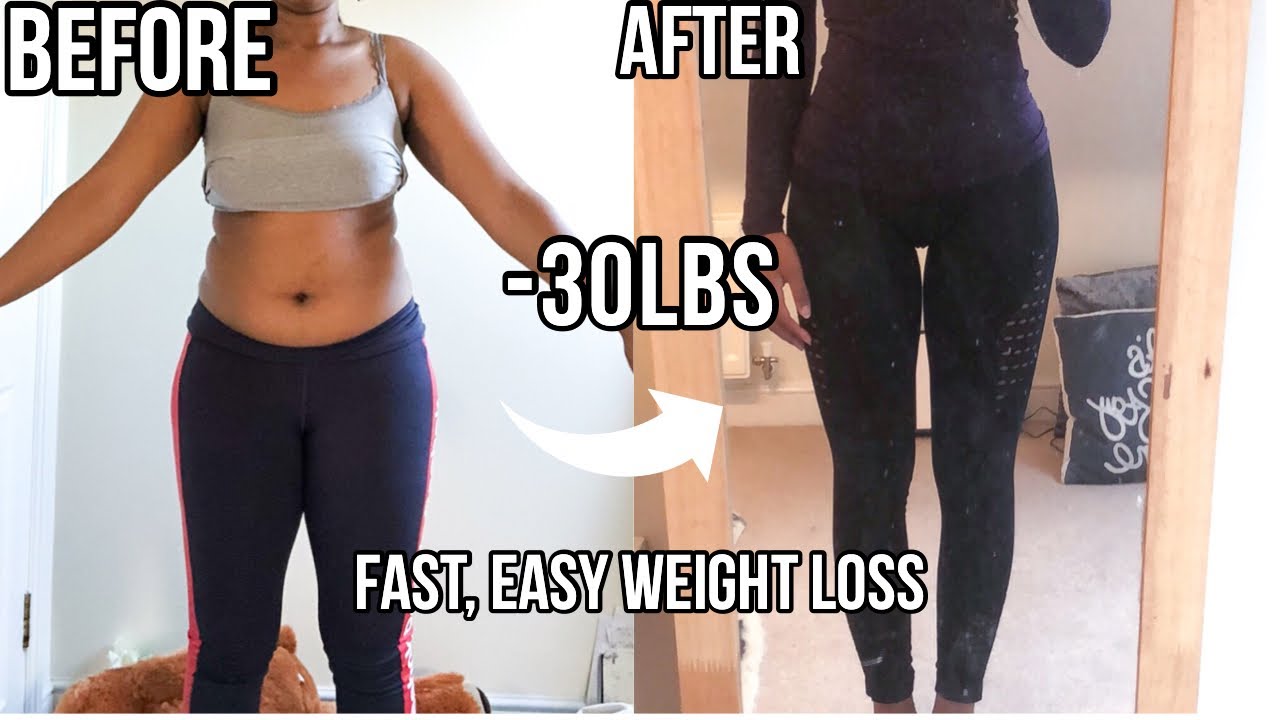
An ideal diet for anyone, regardless of their age, is a heart-healthy one. This type diet encourages you to eat fresh, healthy foods and will help reduce your weight. You can learn more about these types of diets in this article. These are some useful tips for this type dietary plan. Start by making your daily meal plan.
Everyone should eat heart-healthy meals
All ages can benefit by eating a heart-healthy lifestyle. It is important to start eating a heart-healthy diet as soon as possible. This will help reduce their risk of developing heart disease later in life and allow them to maintain good eating habits all their lives. Foods that are rich in fiber, color, and low in saturated fat are best for heart health. Cut down on processed foods and eat more fruits, vegetables, and apricots. Avoid lean meats containing more than 10% fat. Avoid fattening foods by limiting your intake of butter.
Fatty fish, such as salmon and albacore tuna, is also a healthy food for your heart. These foods contain omega-3s, which are responsible for protecting heart health and reducing the risk of heart disease. Monounsaturated oils, such as olive, can be used to replace unhealthy foods in your diet.
They promote weight loss
Cardiovascular diet menus focus on eating healthy foods and avoiding processed foods. Most of these menus encourage the consumption of oily fish and vegetables, and they limit the intake of saturated fats and sugar. They also encourage the consumption of flaked almonds, low-fat yogurt, and blueberries.

You may find it difficult to adhere to cardiovascular diets, especially if the diet is not something you are used to. You can still add herbs and spices to your meals, but avoid high-calorie sauces. When dining out, limit your intake of alcohol.
They are good for your heart health
Cardiovascular diets focus on eating a variety of heart-healthy foods to decrease the risk of cardiovascular disease. They urge people to avoid processed foods, eat lean meats and fish, and consume a variety of fruits and vegetables. They limit their intake of sodium and fat. These heart-healthy menus also limit the consumption of sodas, sugar-sweetened beverages, and other types of processed food.
Cardiovascular diets include whole grains, fruits and vegetables as well as oily fish and low-saturated butter. Sugar and red beef should be avoided. You should also avoid white bread and refined carbohydrates.
They promote fresh foods
The cardiac diet emphasizes fresh fruits, vegetables, whole grains, oily seafood, and other heart-healthy food choices. It discourages consumption of sugar, processed foods, and red-meat, all of which can increase your chances for developing heart disease. The menu can be helpful in helping you to make healthy decisions when dining out. It can also help you plan your meals. It is important that you get enough exercise each day to keep your heart healthy.
The cardiac diet menu has strict guidelines and may cause adverse effects if you don't follow the guidelines. The restrictions on the number of foods that you can eat at certain meal times are also limited. The majority of meals are made up of protein, fruits, and vegetables. The other two days can be used to maintain a normal diet.

They lower sodium intake
Limiting sodium intake is an important component of a cardiac diet. You should look for foods with lower sodium levels. Many sodium-rich foods can be dangerous for your heart. You can also use citrus juice and salt-free spices to make this happen. Shop for poultry and meat in the least processed form. Avoid sauces or other high-sodium ingredients like ready-toeat pasta and flavored rice. Ask for nutrition information before you order. Also, choose a meal that has a lower sodium content if you are dining out. Split your meal with another person if possible.
You can lose weight, lower your cholesterol, and improve your overall health by eating a heart-healthy diet. Consuming heart-healthy foods can help increase energy levels. The best foods for you will depend on how your lifestyle is structured and what risk factors you have.
FAQ
What foods should I consume during an intermittent fast to lose weight
Cutting out carbs is the best way to lose weight. This means you have to cut back on carbs such as bread, pasta rice, potatoes, and any other carbohydrate-based food.
It is important to eat less protein, as it will keep you fuller longer. So you won’t feel hungry as often.
Instead, choose foods rich in healthy fats. These foods help keep you satisfied for hours after eating them.
It's vital that you get enough water. Water is important for your body's ability to stay hydrated and helps you burn more fat.
These foods may be what you crave when you eat fast. These cravings don't necessarily mean that you should give in. If you do this, you might gain more weight that you have lost.
In order to prevent eating too much, limit the amount you eat during the day. Instead of reaching for another snack, sip a glass of water when you feel hungry.
It may sound counterintuitive but this has been shown to help you lose weight. In a study published by Obesity, it was found that people consumed less calories if they drank plain water instead of sugary drinks.
Plain water was also shown to reduce hunger. You can lose weight by avoiding sweetened drinks and sticking to water.
To lose weight, you don’t have to count calories or restrict certain foods. Instead, make small lifestyle changes.
You can swap your breakfast sandwich for an oatmeal bowl. You can also swap out your afternoon cookie for a piece fruit.
These easy swaps can add up and help you lose weight without spending hours in the kitchen.
What can you drink while intermittent fasting is in effect?
Drink water before you go to bed at night. It will help you feel fuller, faster, and it will give you energy throughout your day. You can add lemon juice or cucumber slices to enhance the flavor.
What effect does intermittent fasting have on my sleep?
Yes, intermittent fasting can have an impact on your sleep. Your hunger hormones rise when you skip meals. As a result, you may find yourself waking up at night.
This is why most experts recommend skipping breakfast. They recommend eating a light snack before bed.
If you're still hungry after this snack you can have a small meal right before going to sleep.
However, you should not overeat. You'll gain weight, not lose it.
What amount of exercise is necessary to lose weight?
There are many factors that influence the amount of exercise required to lose weight. These include your gender, age, body type and how heavy you are. However, generally speaking, most people need at least 30 minutes of moderate physical activity five days per week.
The American College of Sports Medicine recommends 150 minute of moderate-intensity aerobic activities per week. These should be done over three days.
If you are trying to lose 10 pounds, 300 minutes of moderate intensity exercise per week is a good goal. This includes activities such as brisk walking, swimming laps, biking, dancing, playing tennis, golfing, hiking, jogging, running, and other similar activities.
Consider doing 20 minutes of vigorous exercise thrice a week if you are just starting out. It could be sprinting, lifting weights, jumping rope or fast walking.
Aerobic exercise can help burn calories as well as build muscle mass. Muscle burns a lot more calories than fat. Building muscle and losing weight could help you get there faster.
Can I eat fruits during intermittent fasting?
The health benefits of fruits are numerous. They provide vitamins, minerals, fiber, antioxidants, and other nutrients. However, they also contain sugar which can cause blood glucose levels to spike. This can lead to insulin resistance and weight gain. If you want to lose weight while following an IF diet, then make sure you choose low glycemic index fruits such as apples, pears, berries, melons, oranges, peaches, nectarines, plums, apricots, cherries, and kiwi.
Is there any difference between intermittent fasting and calorie restriction?
Calorie restriction can be defined as eating less than your body needs. Intermittent fasting is different because it doesn't involve restricting calories. Rather, it focuses on eating fewer calories throughout the day.
Intermittent fasting works better because it allows for you to enjoy your favorite foods without feeling guilty.
However, both methods have their pros and cons. It is up to you to decide which method you prefer.
Statistics
- According to Harvard Health, it's estimated that a 155-pound (70-kg) person burns around 167 calories per 30 minutes of walking at a moderate pace of 4 mph (6.4 km/h) (5). (healthline.com)
- Among women, the increase in metabolic rate was nearly 4%, or 50 more calories per day (14Trusted Source (healthline.com)
- It's estimated that half of all American adults attempt to lose weight every year (1Trusted (healthline.com)
- A 12-week study in 20 women with obesity found that walking for 50–70 minutes 3 times per week reduced body fat and waist circumference by an average of 1.5% and 1.1 inches (2.8 cm), respectively (healthline.com)
External Links
How To
How to Lose Weight Fast Without Exercise
The best way to lose weight fast without exercise is to eat fewer calories than you burn. Your body will start to burn fat stores for energy. Your body will start to reduce muscle tissue for energy if you don't eat enough calories. If you don't exercise while dieting, you can still lose weight. But you will probably lose even more.
Losing weight quickly without losing weight is as easy as reducing your calorie intake. Many people believe that they need to reduce their food intake in order to lose weight. However, this is not true. In order to lose weight you should eat less calories than you burn. What should you eat daily? It all depends on what activity you do daily. Someone who walks three miles per day would require only about 2,500 calories. One who sits at the desk all day would require 1,600 calories daily. Someone who exercises (e.g., lifting weights) daily would need around 1,600 calories.
If you are trying to lose weight, you should try to reduce your caloric intake. Many people believe they should eat less food to feel better. But this isn't the case. Your body doesn’t care what you eat; it wants to function properly. To get rid of extra pounds, you need to keep track of your calorie consumption. Many apps are available online that can help you monitor your calorie intake. Some of these apps include MyFitnessPal, Calorie Counter, and LoseIt!